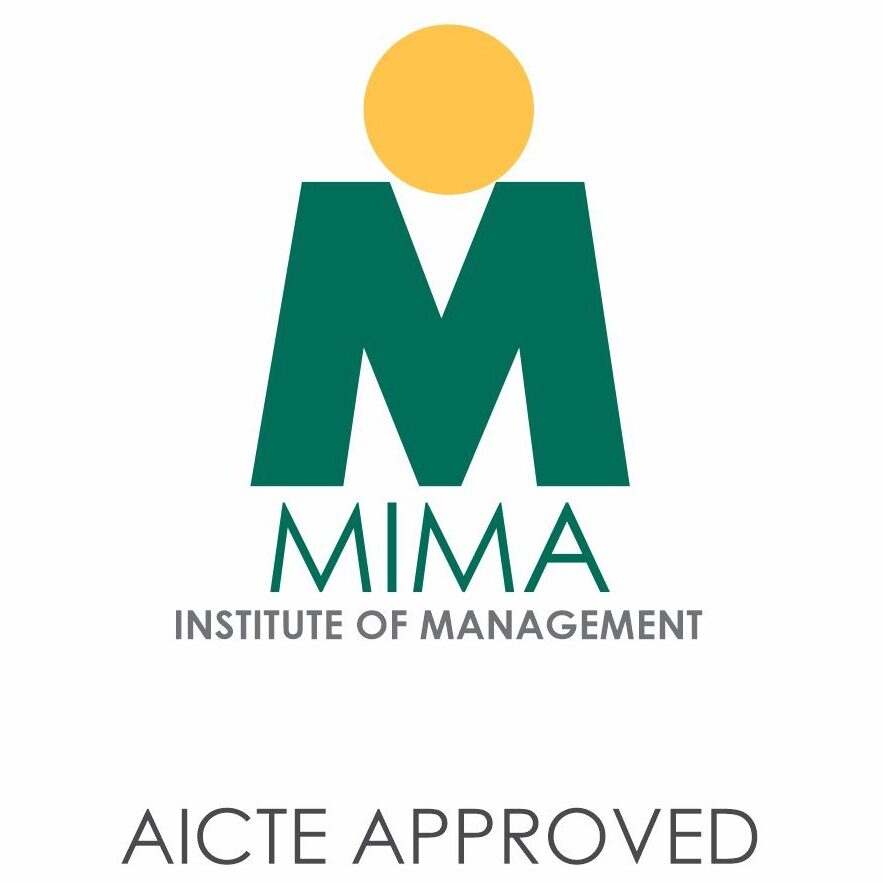Effective project management is crucial for the successful
execution of any undertaking, be it small or large. By employing
proven strategies, project managers can ensure that projects are
completed on time, within budget, and with the desired
outcomes. Effective project management empowers project
managers to lead their teams with efficiency to achieve success.
1. Define Clear Project Objectives: Start by defining clear and
specific project objectives. Ensure all team members understand
the project’s purpose, scope, and desired outcomes. Well-defined
objectives act as guiding principles throughout the project’s
lifecycle.
2. Create a Detailed Project Plan:
Develop a comprehensive project plan that outlines the project’s
tasks, timelines, resources, and milestones. A detailed plan helps
identify potential challenges and provides a roadmap for the team
to follow.
3. Build Right Project Team: Assemble a skilled and motivated
project team with members possessing the required expertise for
each task. A well-balanced team ensures efficient collaboration
and maximizes productivity.
4. Establish Effective Communication Channels: Create a
communication plan that outlines how and when project
stakeholders will communicate. Effective communication ensures
everyone stays informed and can address issues promptly.
5. Break Down Project into Manageable Phases: Divide the
project into manageable phases, each with its specific
deliverables and milestones. This approach makes the project
more manageable and allows for incremental progress.
6. Set Realistic Deadlines: Set realistic and achievable
deadlines for each project phase. Avoid overloading team
members with unrealistic expectations to prevent burnout and
ensure quality work.
7. Monitor and Track Progress: Regularly monitor and track
project progress against the project plan. Utilize project
management tools to monitor tasks, identify bottlenecks, and
address potential delays.
8. Mitigate Risks Proactively: Identify potential risks early on
and develop a risk management plan to mitigate them. Proactive
risk management minimizes the chances of disruptions and helps
keep the project on track.
9. Foster a Collaborative Environment: Encourage open
communication and collaboration among team members. A
collaborative environment fosters creativity, problem-solving, and
a shared sense of ownership over the project’s success.
10. Learn from Project Post-Mortems: Conduct post-mortem
reviews after completing the project to analyze successes and
areas for improvement. Learning from past projects helps refine
future project management strategies.
Effective project management is essential for delivering
successful projects that meet or exceed stakeholders’
expectations. By defining clear objectives, creating detailed plans,
building the right team, and fostering effective communication,
project managers can steer their projects toward success.
Emphasizing realistic deadlines, proactive risk management, and
a collaborative work environment ensures that projects progress
smoothly and efficiently.
Lastly, conducting post-mortem reviews offers valuable insights
for continuous improvement in future project management
endeavors. By implementing these strategies, project managers
can confidently lead their teams and deliver projects that achieve
their intended outcomes.

